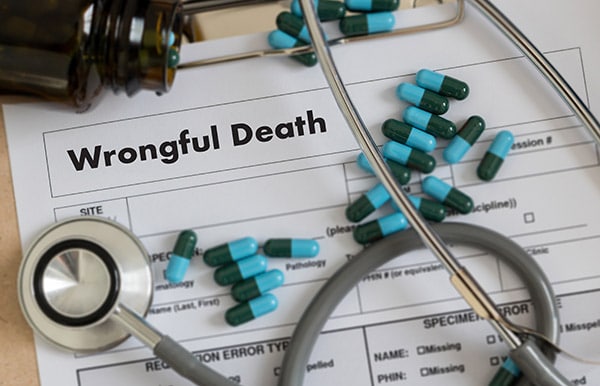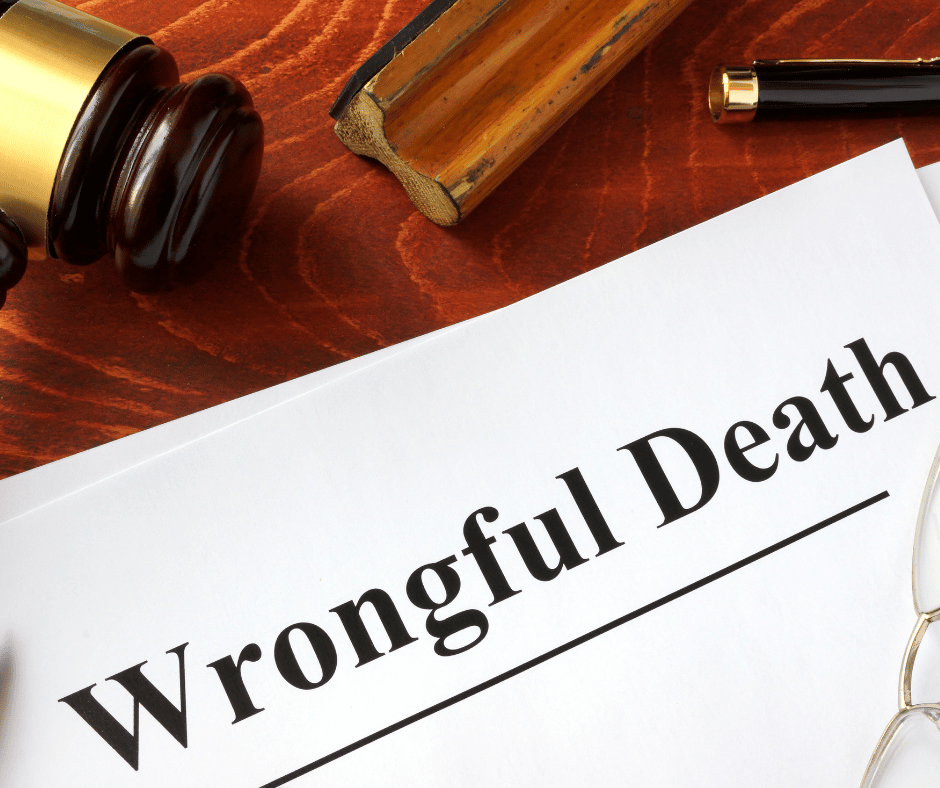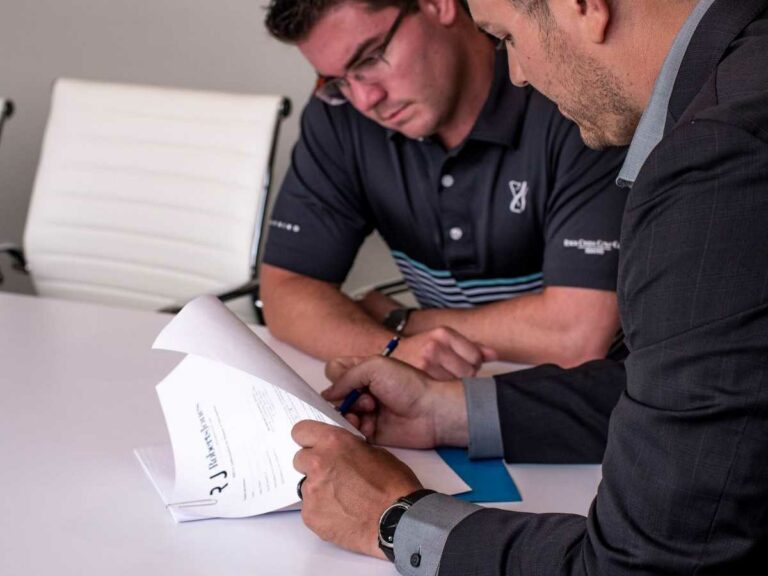Losing a loved one is devastating regardless of the circumstances. What makes the suffering worse is losing a parent or a child because of negligence or an intentional act.
Although nothing can bring our loved one back, a “wrongful death” claim can hold the liable person responsible regardless of whether the person is convicted in a criminal proceeding.
Wrongful Death Claim
A wrongful death claim is a civil action, typically brought by close family members of the victim or a representative of the deceased person’s estate. Valid claims can stem from personal injury situations where the victim is killed, such as car accidents, medical malpractice events, and even murder.
Although each state has its own wrongful death laws, certain elements of these cases apply universally:
- A human being dies
- Another person’s negligence or intent to harm caused the death
- Survivors are harmed by the loss of the victim
- The survivors suffer monetary injuries as a result of the death

When Is a Wrongful Death Claim Applicable?
A wrongful death claim can be brought after situations in which a victim who would otherwise have a valid personal injury claim is killed as a result of the defendant’s wrongful action. This can occur in a variety of scenarios, including:
When a victim is intentionally killed. For example, O.J. Simpson was sued in civil court for the wrongful deaths of Nicole Brown and Ronald Goldman. These civil lawsuits brought by the victim’s families were a separate matter from the state’s criminal case against Simpson.
When a victim dies as a result of medical malpractice. If a doctor fails to diagnose a condition, or if the doctor is careless in the level of care provided, and a patient dies as a result, a wrongful death action might be possible against the doctor.
Car accident fatalities involving negligence. If a victim dies as a result of car accident injuries, a wrongful death claim may be brought.
These are merely several examples of personal injury cases that can become wrongful death claims. What’s more, one of these claims can emanate from almost any type of personal injury situation, however, one notable exception may exist for work injuries that result in death, which typically is handled exclusively through the worker’s compensation system.
A majority of wrongful death lawsuits are subsequent to related criminal trials and use the same evidence, though a lower burden of proof may apply. If a claim alleges negligence, then the plaintiff and his attorney will have to be able to show that the defendant owed the victim a duty of care, that the duty was violated and it led to the victim’s death, and that the death caused recoverable damages to the victim’s survivors.
What Must Be Proven?
In order to hold the defendant liable in a wrongful death claim, the plaintiffs in the claim – usually through the estate of the deceased victim – must meet the same burden of proof that the victim would have had to meet had the victim lived. Therefore, using negligence as an example, this means showing that the defendant owed the victim a duty of care, that the defendant breached this duty, that the breach of duty was a direct and proximate cause of the death, and that the death caused the damages that the plaintiff is trying to recover.
Who Can File a Wrongful Death Claim?
In all states, a spouse can bring a wrongful death action on behalf of his or her deceased spouse. Parents of minors may also initiate a wrongful death action if one of their children is killed, and minors are able to collect compensation over the death of a parent. Where there is disagreement among the states is whether parents of adult children can sue, whether adult children can sue for the death of their parents, whether grown siblings can sue for wrongful death, or whether extended relatives, such as cousins, aunts, uncles, or grandparents, can sue.
More often than not, the more distant the familial relationship is, the harder it will be to get a legal remedy with a wrongful death case.
There are states where a romantic partner of the deceased may bring a wrongful death claim – marriage is not a requirement – as can anyone who can show financial dependence on the deceased.
Wrongful Death Damages
Damages in a wrongful death claim – categories of losses for which a survivor might be able to receive compensation – include:
- The deceased person’s pre-death “Pain and suffering” (usually called a “survival” claim).
- The medical treatment costs that the deceased victim incurred as a result of the injury prior to death.
- Funeral and burial costs.
- Loss of the deceased person’s expected income
- Loss of any inheritance as a result of the death.
- Value of the services that the deceased would have provided.
- Loss of care, guidance, and nurturing that the deceased would have provided.
- Loss of love and companionship, and
- Loss of consortium.
Roberts Jones Law Is Here To Serve Your Legal Needs
The Roberts Jones personal injury attorneys have your back. With the help of one of our experienced personal injury lawyers, justice will be served.
Roberts Jones Law will provide you with the guidance, care, and support needed to secure the compensation that you deserve.
This article is for informational purposes only and does not contain legal advice.






